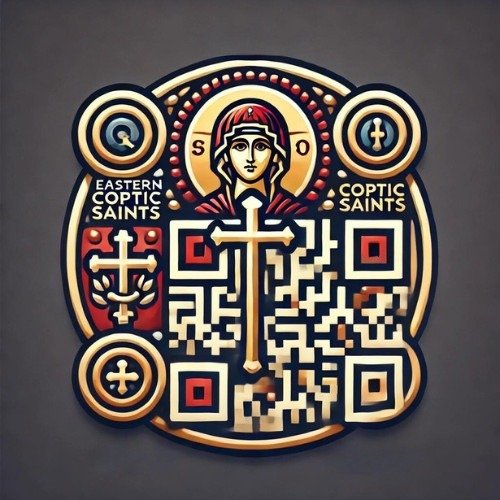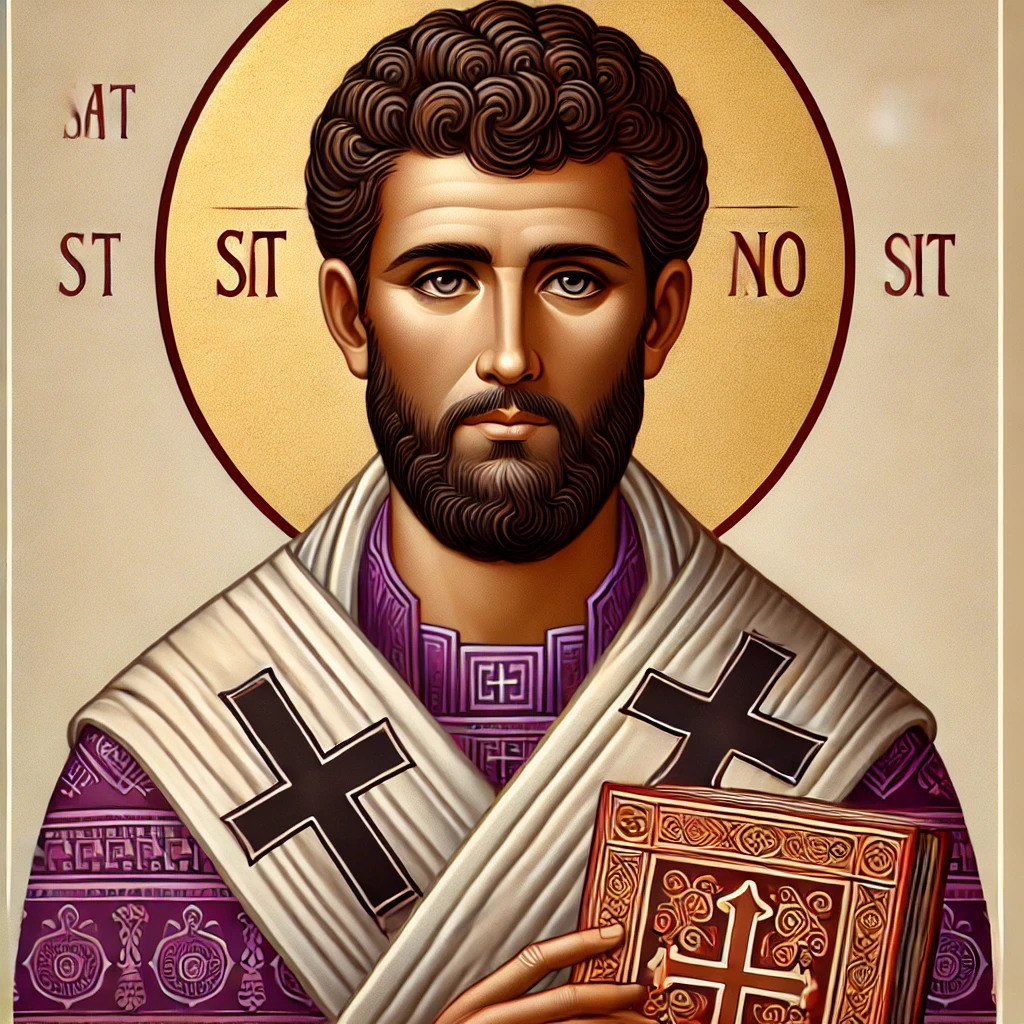St. Augustine, known for his pivotal role in Christian theology, was born on November 13, 354 AD, in Tagaste, a small town in Numidia (modern-day Algeria). He was the son of a pagan father, Patricius, and a devout Christian mother, St. Monica. From a young age, Augustine demonstrated great intellectual abilities, which led him to pursue studies in rhetoric in Carthage.
Despite his Christian upbringing, Augustine spent much of his youth in a life of hedonism and a quest for secular knowledge. His passion for learning led him to embrace the teachings of Manichaeism for nearly a decade before becoming disillusioned by its doctrines. Following this, Augustine went to Rome and then to Milan, where he encountered the bishop St. Ambrose, whose eloquent preaching and impressive scholarship deeply moved him.
In Milan, Augustine underwent a profound spiritual transformation. Through the influence of St. Ambrose and the ceaseless prayers of his mother, Augustine began a journey of inward reflection and conversion. In 386 AD, he famously heard a child’s voice say “Tolle, lege” (take up and read), which he took as a divine command to read the Scriptures. Opening the Bible, he came upon Romans 13:13-14, a passage that compelled him to fully commit to Christianity.
Augustine was baptized by St. Ambrose in 387 AD, marking the beginning of his new life in Christ. He returned to Africa, where he sold his family’s property and distributed the proceeds to the poor. Embracing a monastic life, he established a small monastery in Tagaste.
In 391 AD, Augustine was ordained as a priest in Hippo Regius (now Annaba, Algeria), and in 395 AD, he was consecrated as the Bishop of Hippo. Augustine’s tenure as bishop was marked by his dedication to defending the Christian faith against heresies, such as Donatism and Pelagianism. His theological works, including “Confessions” and “The City of God,” have left an indelible mark on Christian thought.
St. Augustine passed away on August 28, 430 AD, during the siege of Hippo by the Vandals. His legacy as a theologian, philosopher, and church leader continues to be celebrated within the Coptic Church and throughout Christendom.
The blessing of our blessed St. Augustine be with us. Amen.

